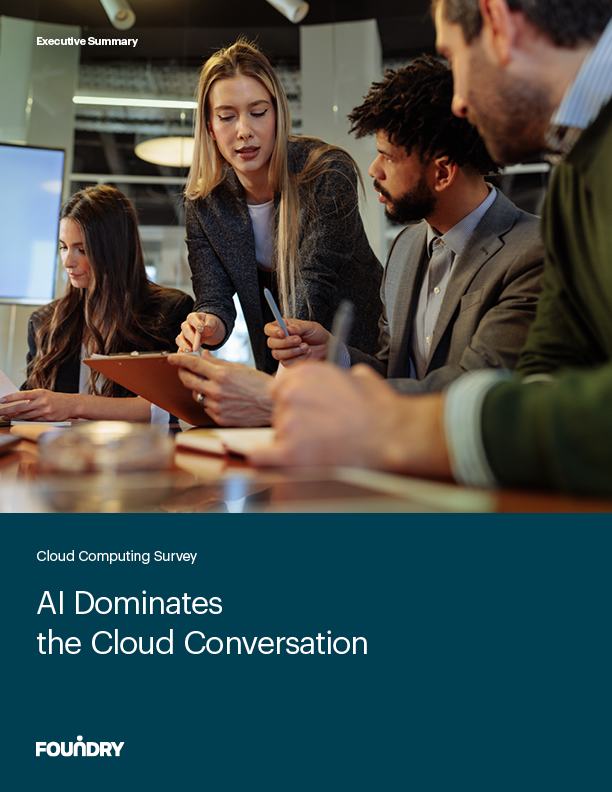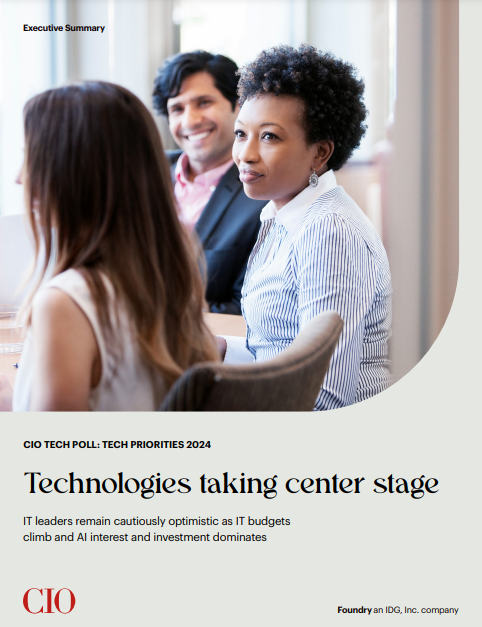The buzz around Artificial Intelligence (AI) and Generative AI (Gen AI) has settled into a new phase of practical implementation and long-term investment. Companies no longer view AI as a novelty—it’s becoming an integral part of modern technology, transforming how businesses operate and people work. Foundry’s second annual AI Priorities Study, based on responses from 902 global IT decision-makers, highlights the evolving role of AI and Gen AI in today’s organizations.
While companies are taking a more measured approach, AI adoption is steadily progressing. Challenges such as data privacy, security, and the shortage of skilled AI talent persist, but organizations are moving forward with targeted AI use cases that deliver measurable business outcomes.
Key Takeaways:
- IT departments are partnering closely with business units like customer service (50%), R&D (40%), and marketing (29%) to drive AI adoption and ensure alignment with business goals.
- 41% of companies are researching AI or piloting AI initiatives, and enterprise-scale implementations have nearly doubled—from 8% in 2023 to 15% in 2025.
- Nearly half (49%) of organizations have dedicated budgets for AI projects, up from 36% in 2023, allocating an average of 23% of their IT spend to AI initiatives.
- 61% of respondents believe Gen AI will improve product development and design processes, while 60% see AI as a way to help employees focus on high-value tasks.
- 47% of organizations cite IT integration, governance, and security as key hurdles, while 37% struggle with the lack of in-house AI expertise. However, companies are addressing these gaps by hiring data scientists, machine learning engineers, and AI developers.
























Click to enlarge slides
Additional AI related resources



About the research
Foundry’s AI Priorities Survey is the second year of this research and was conducted to gain a better understanding of how organizations are leveraging AI and generative AI, specifically looking at their investment and implementation levels, use cases, measures of success and challenges. The study was fielded at the end of 2024 and is based on the responses of 902 global IT decision-makers who have AI and generative AI plans.




